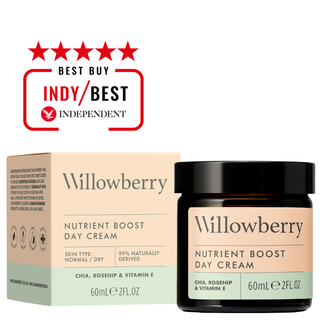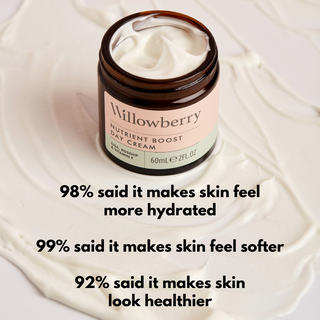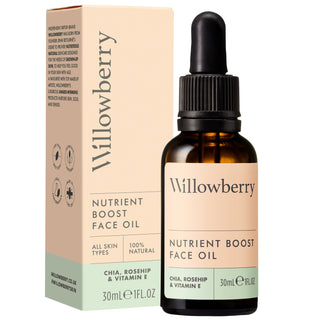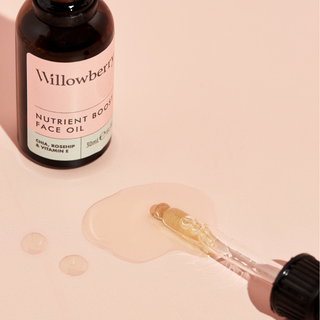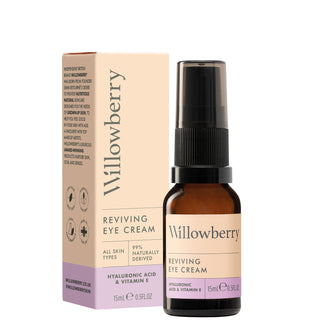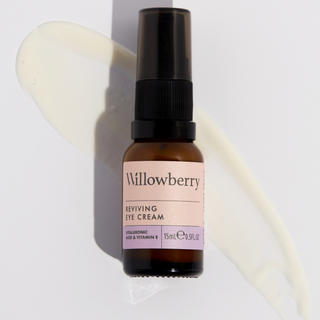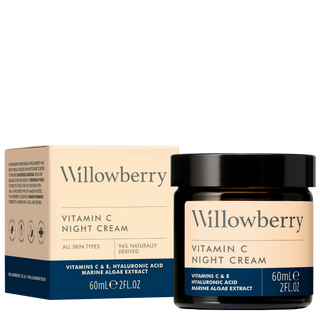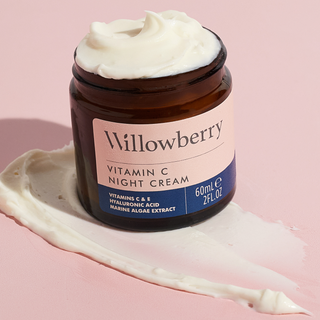When it comes to finding your signature scent there is such a dizzying choice, it can be hard to know where to start! What's more, perfume comes with language all of its own, which can be hard to decipher by us mere mortals - heart notes, dry-down, oud fragrances... anyone?
But, with 3.9 million women spritzing on the daily, it's fair to say that there's more than a whiff of love for fragrance in the air. While it's traditional to change your perfume with the seasons, finding that one scent that encapsulates who you are, what you stand for and what you like can be tricky.
Not all of us can have Hubert Givenchy create a scent just for us a la Audrey Hepburn, but we can help you narrow the choice down to find a signature scent that's truly you.
Try only three scents a time
Ever set up camp in the perfume section of a store and spritzed to your heart's desire, only to find that they all start to smell the same? Us, too. To give each scent its own shot, limit testing to just three perfumes per visit so you don't become overwhelmed.
Lightly does it
Start by testing lighter scents first, as they typically have a cleaner and fresher aroma and won't overload your senses, leaving room for you to build up to more robust fragrances if they suit your preference.
Try it on your skin
Whether you prefer to spray your fragrance on your skin, hair or clothes, for the purpose of finding your signature scent, skin contact is a must. Putting a scent on your wrist or arm brings body chemistry into play, which changes how a formula performs. You can then keep smelling the area throughout the day to see how it has developed.
Don't follow trends
While there are always certain fragrances that are popular and of the moment, they may not be right as your signature scent. If you're drawn to a particular perfume and find you keep going back to it, don't ignore your intuition just because it's a certain brand or scent you didn't think you'd go for.
Don't forget about ouds
Sure, the process isn't exactly romantic (oud is sourced from a resin that wood produces when it's infected with a type of mould, as well as the oil distilled from it), but ouds are a powerful alternative to a traditional perfume. It's rare and expensive and more unique than mass produced fragrances.
Pay attention to ingredients
Discovering what fragrance notes you like are key to making scent hunting easier over time. From musky to smokey, woody to citrus, herbal to floral, you'll soon become accustomed (or repelled) to certain fragrance notes. Read the ingredient blurb of what you like as well as what you don't like, to form a pattern.
Sniff your elbow
Bear with us. According to perfumers, burying your nose in your elbow re-sets your smelling senses due to the pH of your own body scent, so you can start with a blank canvas in between scent-sniffing.
Try natural oils
There's nothing to say that your signature scent has to be the standard kind. Opting for natural fragrance is a beautiful alternative to perfumes. Think rose, jasmine, sandalwood or ylang-ylang for a natural way to add fragrance to your daily routine.


